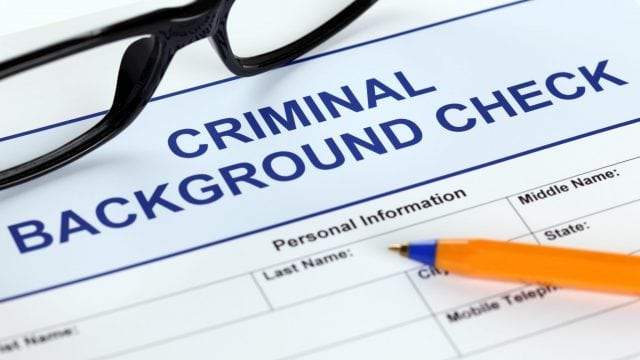If you are a successful graduate of the drug court program in New Jersey, a recent ruling by the New Jersey Supreme Court in In the Matter of the Expungement of the Arrest/Charge Records of T.B. has just made it easier for you to obtain an expungement of your criminal record.
Previously, in 2017, the Appellate Division had held that under the 2016 changes to the drug court expungement statute, located at N.J.S.A. 2C:35-14(m), all drug court graduates were required to show that an expungement of their criminal record met the “public interest” standard. This meant that they were required to provide transcripts of hearings and copies of presentence reports for any third and fourth degree drug distribution offenses they were seeking to expunge. In addition, applicants were required to demonstrate to the court that expungement would satisfy the “public interest” taking into account the nature of the drug offense and the applicant’s character and conduct since the conviction. To demonstrate this, petitioners were required to submit documentary evidence to the court, such as character reference letters, degrees, diplomas, est. This was a time-consuming and costly burden which deterred many otherwise eligible drug court graduates from seeking or obtaining an expungement.
However, on January 8, 2019, the Supreme Court reversed the Appellate Division, finding that drug court graduates with third and fourth degree drug offenses are entitled to a “rebuttable presumption” that expungement is consistent with the public interest. In other words, the new law directs to courts to proceed as though the expungement should be granted (subject, of course, to any relevant exception contained in the law, such as having a violent major crime or high-quantity drug offense on their record).
This does not mean that if you are a drug court graduate with third and fourth degree drug charges, your expungement will automatically be granted. But it does mean that you will not to have to prove your good character and conduct based on older offenses, and will enjoy a shorter and more efficient expungement process.
The Court recognized that drug court is a rigorous program which addresses the very same concerns that are generally discussed in a “public interest” argument. When a person participates in drug court, their daily actions and behavior are closely monitored by a team of specialized parties. Their every achievement is documented, and their every misstep results in a court appearance. Judges, prosecutors, counselors, and other members of the team have up to five years to evaluate the person’s character and conduct following their arrest, and can use that knowledge to formulate an objection to the expungement if they feel it is warranted.
Since the drug court program was implemented in 2002, over 5400 people have successfully completed it. However, according to the Administrative Office of the Courts, as of August 2018, only 750 drug court graduates had expunged their criminal records. Advocates are hopeful that with this recent Supreme Court opinion, that number will grow much higher.
It you have a criminal record, you know the justice system can be very difficult to navigate. But the expungement process doesn’t have to be. Recent changes to New Jersey’s expungement laws have opened up more opportunities than ever. Whether you are a drug court graduate or not, contact Katherine O’Brien Law today to discuss the process. Katherine O’Brien is an experienced expungement attorney who will give you an honest, realistic assessment of your expungement eligibility.







